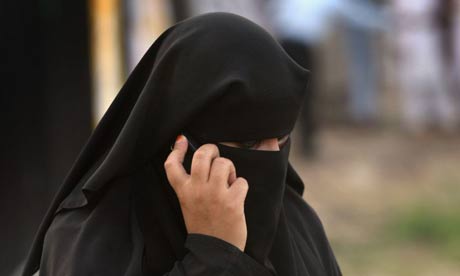By Michael E. Sanchez
Impunity Watch Reporter, Asia
The attack occurred in Babji, near Lashkar Gah, a volatile city with a significant Taliban presence about 25 miles to the north. The attack targeted farmers and other Afghans who were in line to receive fertilizer and seeds from the Nato-backed Food Zone program, which is designed to persuade farmers to switch from poppy cultivation, the most profitable crop in Helmand to wheat and other crops. The area is close to Marjah, the focus of a major offensive against the Taliban.
Daoud Ahmadi, a spokesman for the Helmand provincial governor, said 45 people were wounded, including eight children and a policeman. The province is a focus of the Taliban insurgency against the American-led coalition in Afghanistan. “The Taliban and narcotics smugglers were behind this attack, said Mr. Ahmadi. He added ” This was an attempt at intimidating people and stopping the process of development and peace-building in the province.”
Col. Kamaluddin Khan, the acting Helmand provincial police chief, said the bomb was hidden on a bicycle, but the district governor of Gerehk, Haji Abdul Ahad Khan blamed a suicide bomber on a motorcycle.
The blast was centered around a busy shopping area known as the Wednesday bazaar, a weekly market for villagers from the area surrounding Gerehk who come to sell livestock, food and other goods and to buy their own supplies.
The international Security Assistance Force (ISAF) international peacekeepers said they had sent a patrol to the scene to help the Afghan authorities. An ISAF official, speaking anonymously said the bomb had probably been a crudely made improvised explosive device. In recent years the Taliban have issued statements instructing their fighters to reduce the number of civilian deaths.
For insurgents and the security forces alike, protecting civilians the protection of civilians is the prize of the war for Afghanistan. However the bomb appears to have been placed and detonated at a time when a maximum number of civilian casualties could be expected, according to correspondents.
The chairman of the US Joint Chiefs of Staff, Adm Mike Mullen, said on his visit to Afghanistan that the operation in Marjah was moving forward successfully. Adm Mullen said Kandahar would be the main focus in the coming summer months.
He added that Kandahar would be a greater challenge than Helman. “Kandahar is not Marjah, we understand that..It is a much bigger challenge and in that regard has much greater potential to achieve this goal of reversing the momentum.”
